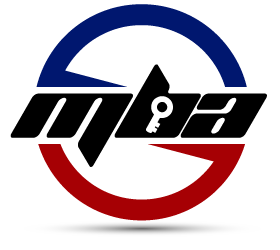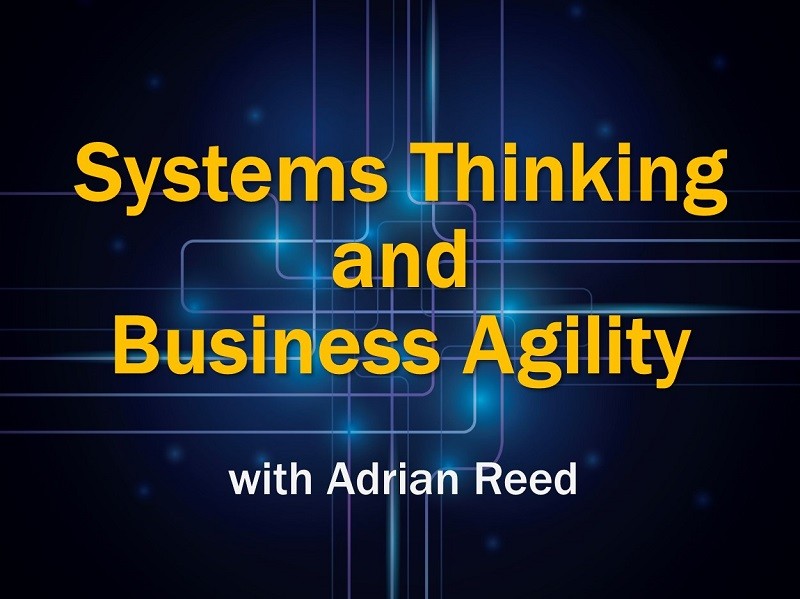Adrian Reed discusses systems thinking, how it enables business agility, and how it can help elevate the value you bring to your organization.
Show Notes
We live in a complex, rapidly changing world. In order to support our stakeholders and our organizations, we need to expand our view and adopt a systems thinking mindset. This allows you to see the whole and the interconnectedness between the parts, which in turn allows you to help stakeholders make the right decisions.
Systems thinking makes business agility possible. With business agility, your organization is able to sense its external environment, really work out what’s significant, and then respond to it.
To be really agile, your organization needs to see what’s changing. It needs to work out how it needs to change and then it needs to actually do it. Many organizations see that there is a strategic problem and something they really need to do, but they can’t quite configure themselves to respond to it. Business analysis is central to that because you think about sensing and seeing what’s coming.
There’s a huge amount of strategic business analysis that fits into that space. You think about assessing how to change and there’s a lot of solution evaluation, problem solving, and understanding that fits in that space.
Who’s Responsible for Strategic Systems Thinking?
There’s often a belief that the top c-level executives should be doing this analysis. In reality, systems thinking and strategic thinking should happen at all levels. Think about what might change out in the world and how it might have an impact on how this project runs or how this product will need to incrementally change.
Understanding what’s going on outside our organization or even internal – it can be “what if the priorities of this department change or what if we lose this key person” or some other event. That speaks to systems thinking; understanding the upstream and downstream impacts as well as all the pieces that are at work in a delivery system.
We may write process and procedure manuals, but nobody really thinks about how they can adapt. So when something unexpected happens or some competitive threat comes along, we haven’t built variety into the processes. We lean out all of the slack and there can be times when that’s necessary. Systems thinking would encourage us to look more holistically and to recognize the complexity and to think about how the environment might change. Business analysis is a big part of that.
Listen to the full episode for tools you can use to apply systems thinking and tips on providing next level value to your stakeholders and organization.
| YOUR HOMEWORK Don’t be afraid to look outside of the box that the organization has put you in. There are times when you’re busy with projects or initiatives and you’re asked to do something that doesn’t feel right. You’re under pressure and that doesn’t feel like a good time to descent. Sometimes that’s the most important time to pause, have a deep breath and think about if you need to put your attention elsewhere or look outside of the department that’s currently focusing on this change. Pick your head up and share your concerns. We’re all interested in getting to the right outcome. Bringing your observations to the attention of stakeholders lightens their load because it’s something that they probably should do and they probably want to do, but they’ve don’t have time. This is another way we elevate the reputation of our role. People start to realize that we’re strategic thinkers, and we should have a place at every part of the conversation, not just at the delivery. |
Links Mentioned in This Episode
- Adrian Reed’s Blog: https://www.adrianreed.co.uk/
- Blackmetric Business Solutions
- Sign up for the BA Digest

Adrian Reed
Adrian is a Principal Consultant and Director at Blackmetric Business Solutions where he provides business analysis consultancy and training solutions. He also speaks internationally on topics relating to business analysis and business change.
Thank you for listening to the program
To get more valuable content to enhance your skills and advance your career, you can subscribe on iTunes.
Also, reviews on iTunes are highly appreciated! I read each review and it helps keep me motivated to continue to bring you valuable content each week.




